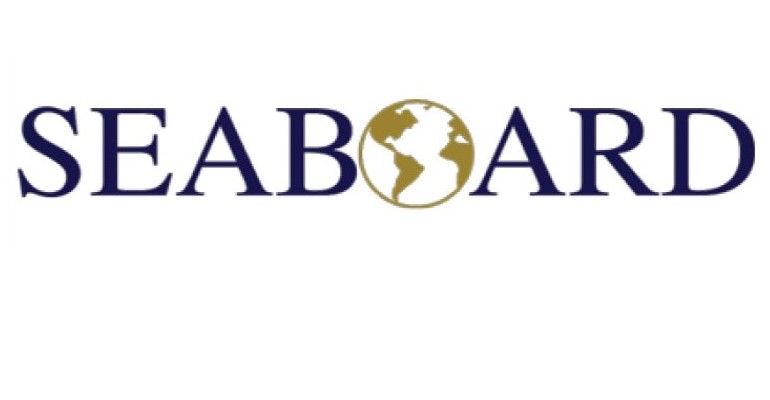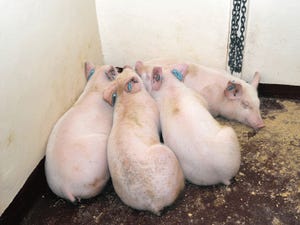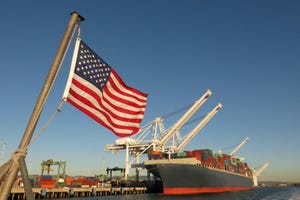Seaboard buys hog farms, inventory from The Maschhoffs for $58 million
During first nine months of 2022, Seaboard has invested $223 million in the pork segment for biogas recovery projects and normal replacement of breeding herd.
November 3, 2022

Seaboard's pork segment has acquired hog inventory and hog farms in central United States from The Maschhoffs, LLC for total cash consideration of $58 million, the company disclosed Tuesday in a Securities and Exchange Commission filing. Seaboard says these additional farms will increase the pork segment's sow base, resulting in less reliance on third-party hog suppliers.
The Sept. 2 preliminary purchase price allocation was $9 million to inventories, $45 million to property, plant and equipment and $4 million to goodwill. Goodwill represents the assembled workforce and the benefits of acquiring an existing operation.
During the nine months ending Oct. 1, Seaboard invested $367 million in property, plant and equipment, of which $223 million was invested in the pork segment for biogas recovery projects, normal replacement of breeding herd and other investments.
Net sales for the pork segment increased $58 million and $83 million for the three and nine month periods of 2022, respectively, compared to the same periods in 2021. The increase for the three month period primarily reflected higher sales of biofuel credits, and to a lesser extent, higher biodiesel and pork product prices, partially offset by lower volumes and prices of market hogs and lower volumes for pork products sold. The increase for the nine month period primarily reflected increased sales of biofuel credits and higher biodiesel and pork product prices, largely offset by a decrease in volumes of biodiesel and pork products sold and lower volumes and prices of market hogs sold.
Operating income for the pork segment decreased $103 million and $265 million for the three and nine month periods of 2022, respectively, compared to the same periods in 2021. The decrease for the three month period primarily reflected lower margins on pork product and market hog sales due to higher costs of hogs, including an inventory adjustment, and higher feed and plant processing costs. During the third quarter of 2022, the pork segment recorded a lower of cost or market inventory valuation adjustment associated with a combination of factors, including the decline in quoted market hog prices and higher grain costs during the period. The decrease for the nine month period primarily reflected lower margins on pork product and market hog sales due to higher costs of hogs, including an inventory adjustment, and higher feed and plant processing costs, biodiesel-related mark-to-market derivative contract losses, higher feedstock costs for biofuel operations and higher start-up costs for renewable diesel operations. During the third quarter of 2022, the renewable diesel plant in Hugoton, Kansas, began commercial operations.
Based on current conditions, Seaboard management predicts the pork segment will not be profitable for the remainder of 2022. Income from affiliates increased $5 million and $14 million for the three and nine month periods of 2022, respectively, compared to the same periods in 2021. The increase primarily reflected improved operations at the oork segment's pork processing plant affiliate.
For the remainder of 2022, management has budgeted capital expenditures totaling approximately $245 million. Planned expenditures in the pork segment are primarily for biogas recovery projects, a 15-megawatt solar field in Hugoton and other investments. At certain hog farms, the pork segment is constructing biogas recovery facilities to capture methane from its hog lagoons and inject it as natural renewable gas into the local pipeline infrastructure.
About the Author(s)
You May Also Like



